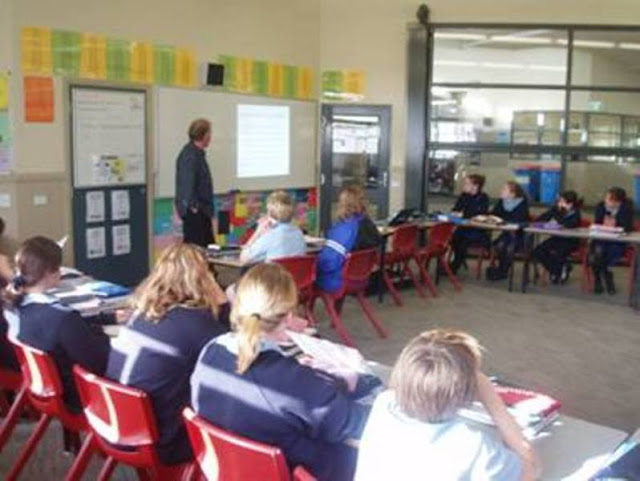The Architecture of The Writing Workshop

I continue to field questions concerning the structure, or architecture of the writer’s workshop. Graduate teachers, teachers from other jurisdictions, teachers returning from leave all seeking to know and understand the basics of structure around the workshop. So, let’s revisit this critical consideration: Component Purpose What Happens? Connection/tuning in/ To help students make connections to previous work and to activate their prior knowledge. Talk about how this topic fits with the class’ previous learning and how it connects with the student’s as both readers and writers (Remember yesterday when we were discussing...?’) Teaching/ Mini Lesson To clearly or explicitly show students how to do something we’d like them to practice as writers. To explicitly and mindfully communicate the focus of the lesson Demonstrate, explain to students a strategy to try. Retelling or rolepl...




